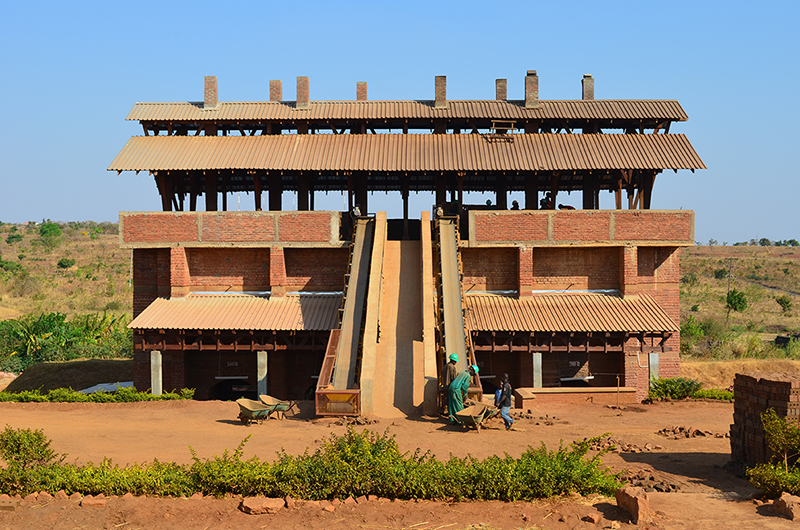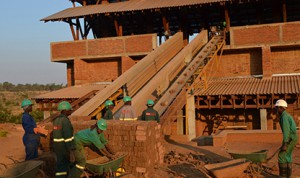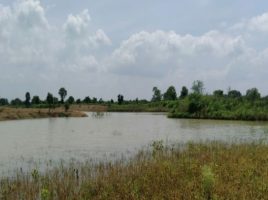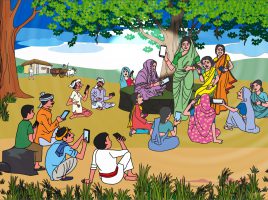South-South Cooperation and its relevance to partnerships
 As per the United Nations definition, South-South Cooperation (SSC) is a broad framework of collaboration among countries of the South in the political, economic, social, cultural, environmental and technical domains. Involving two or more developing countries, it can take place on a bilateral, regional, intraregional or interregional basis. Developing countries share knowledge, skills, expertise and resources to meet their development goals through concerted efforts. When South-South Cooperation is supported by traditional donor countries or bilateral and multilateral organisations, it takes the form of Triangular Cooperation .
As per the United Nations definition, South-South Cooperation (SSC) is a broad framework of collaboration among countries of the South in the political, economic, social, cultural, environmental and technical domains. Involving two or more developing countries, it can take place on a bilateral, regional, intraregional or interregional basis. Developing countries share knowledge, skills, expertise and resources to meet their development goals through concerted efforts. When South-South Cooperation is supported by traditional donor countries or bilateral and multilateral organisations, it takes the form of Triangular Cooperation .
India has a rich history of South-South Cooperation for centuries. The first Indians arrived in South Africa in 1860 to support economic and business interests. Mahatma Gandhi arrived in South Africa in 1893 to assist in a civil lawsuit. Traditionally, for decades, the developed countries have been working closely with neighbouring countries in the region through developmental assistance. However, the approach has changed over the years. We have come a long way from developmental assistance to “developmental partnerships”. These partnerships have been in the field of education, skilling, business, technology transfer and environment, to mention a few. Indian universities are partnering with counterparts in Africa to create capacities of the teachers in imparting the latest scientific education. India is partnering with the research community in helping to break new barriers in the field of medicine, construction, transport etc.
As a country, India has a traditional advantage of being the leader in SSC due to its rich culture and heritage. This is especially true since India shares similar culture, traditions, values and geographical conditions with Africa, Asia and even Latin America, especially the Caribbean. Thus, SSC is more relevant to India when it comes to work with like-minded countries in the global South. India has never believed in the word “aid” (except in emergencies or natural calamities) but always nurtured a “valued partnership” with various countries. The main aim is always to help them in becoming self-reliant. Thus the major focus has been to build capacities, enhance skills and transfer technical knowledge and technologies so that the countries become self-reliant on their own.
The value of SSC has also been both ways. As other countries have learned from India, we have also gained probably more being associated in this endeavour. The knowledge gained has helped in refining our systems and technologies and then supporting “Build Back Better”.
Thus, bilateral partnerships will not be feasible for a North-South collaboration and thus the concept of “Triangular Cooperation” has evolved. In Triangular Cooperation traditional donors from the North and bilateral, multilateral agencies provide financial and technical support to facilitate development activities between two developing countries in the South, i.e., one emerging donor country and a beneficiary. Thus, countries in the EU and Asia-Pacific are supporting India to support other countries in Africa and Asia.

Technology, skill and knowledge transfer of energy-efficient brick firing technology to Malawi, Africa
Development Alternatives Group has been in the forefront of South-South Cooperation for the last three decades. Most of the initiatives have been based on a Triangular Cooperation approach. However, the principles remain the same. Thus, DA Group has been helping neighbouring countries, i.e., Nepal, Bhutan, Bangladesh, Sri Lanka and Thailand, in transferring cutting-edge technologies in the field of resource efficiency in building materials and profitable utilisation of wastes. Similar activities are also being pursued in the African countries of Malawi, South Africa, Egypt, Cameroon, Kenya, Uganda and Rwanda in undertaking feasibility studies and creating a conducive environment for SME and companies to flourish.
The entry point is always the transfer of technologies, for example, energy-efficient brick firing process, that is, EcoKiln, with its waste-utilising building materials to create local jobs and generate equal opportunity employment. In recent times DA Group has been supporting large companies in adopting low-carbon cements (limestone calcined clay cements or LC3) through technical testing, feasibility studies and pilot production. To create enabling markets, DA Group has also been working with national institutions in the South creating standards for new cements.
We hope that the “bilateral pathway” created and demonstrated by DA Group can set an example for other organisations to follow and will also help in stimulating the minds of the global North and South in creating more demands and supporting opportunities.
Soumen Maity
smaity@devalt.org
The views expressed in the article are those of the author’s and not necessarily those of Development Alternatives
This blog first appeared as an editorial in Development Alternatives Newsletter September, 2021






Leave a Reply